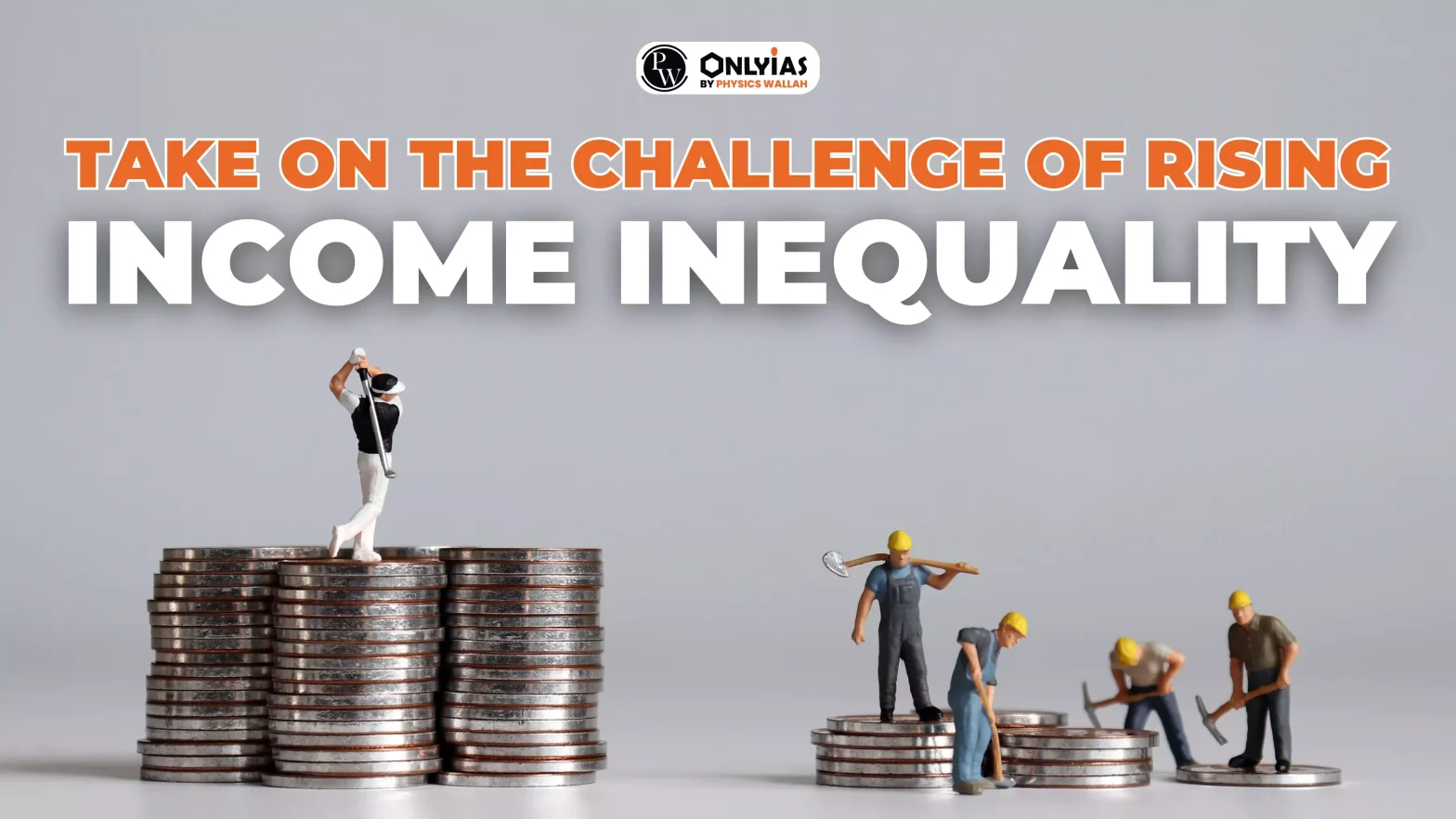Income inequality is a major global concern that requires comprehensive methods to promote a more egalitarian society. This multidimensional issue necessitates a variety of measures to reduce economic inequalities and promote social justice. Progressive taxes, education and skill development, fair labour regulations, infrastructure investment, and the role of the super-rich in wealth redistribution are all important areas of engagement.
Key Strategies for Addressing Income Inequality
- Progressive Taxation: Progressive tax systems are critical for transferring money from rich persons to marginalised communities. The idea is not to penalise the wealthy, but rather to use tax resources to improve public services like health care, education, skill development, and job creation. This method seeks to promote societal wellbeing and minimise economic inequities.
- Education and Skill Development: Access to high-quality education and skill development is critical for improving employability and earning potential. Improving educational possibilities and encouraging lifelong learning are critical steps towards increasing individual earnings and contributing to a more equal distribution of wealth.
- Fair Labour Laws: The enforcement of fair labour rules is critical for protecting workers’ rights and delivering equitable economic advantages. Minimum wage implementation, workplace safety, child labour elimination, exploitation protection, and collective bargaining support are all critical measures. These measures are intended to ensure that all workers benefit from economic progress and receive equal treatment.
- Investment in Infrastructure: Investing in infrastructure is critical for decreasing regional inequities and encouraging inclusive growth. Environmental sustainability, water and sanitation, energy, climate change adaptation, housing, and transportation should all be top priorities. Such expenditures help to promote economic justice by increasing access to critical services and minimising geographic disparities.
- Contribution of the Super-Rich: Bill Gates and Warren Buffet’s ‘Giving Pledge’ underscore the role of the super-rich in reducing economic inequality. This movement urges the wealthy to devote a considerable portion of their holdings to the public good. Furthermore, countries such as Japan, South Korea, France, and the United States have implemented inheritance taxes to ensure that big asset transfers benefit society. In India, the top 1% of income earners account for a disproportionately large part of national income, and rectifying this imbalance is crucial.
Enroll now for UPSC Online Course
Addressing the Challenges and Implementing Solutions
- Analysis and Debate: Addressing income disparity requires a thorough study and policy framework that prioritises inclusion, equity, and sustainability. This entails transitioning from “economies of scope and scale” to a “economy of purpose” that prioritises bringing millions out of poverty. Effective initiatives must take into account global lessons learnt while also leveraging India’s inventive potential.
- The Role of Globalisation and Local Development: While globalisation and market liberalisation have been considered as potential solutions, they necessitate careful planning and adaptability. Previous worldwide catastrophes, like the COVID-19 pandemic and geopolitical wars, emphasise the importance of vigilance and adaptive solutions. A Gandhian development paradigm that emphasises decentralisation, local needs, and small-scale firms provides a viable alternative. Investing in small and medium-sized businesses (SMEs) and local innovations can promote inclusive growth and regional prosperity.
- Future Economic Models: Even in an AI-dominated world, the future of labour will be concentrated in industries such as food, education, health care, tourism, and manufacturing. India’s young workforce has the ability to boost global economic growth. A new economic paradigm based on decentralisation, digital platforms, and a transition from conspicuous consumption to sustainable living will be critical. Emphasising values like sharing, caring, and nonviolence is consistent with a future-oriented approach to development.
Conclusion
Addressing income disparity necessitates a diverse strategy that includes progressive taxation, education, fair labour regulations, infrastructure investment, and donations from the wealthy. Embracing a new economic model based on decentralisation, digital innovation, and ecological living is critical to creating an equal society. By following these techniques, society can reduce inequities and improve overall well-being.
Check Out UPSC CSE Books From PW Store
![]() 4 Sep 2024
4 Sep 2024
